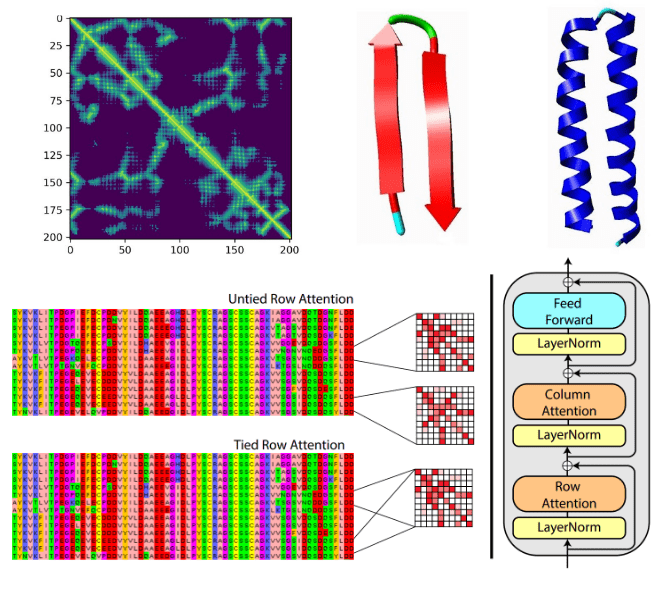Asia-Pacific’s economies are likely to experience labor market shifts because of artificial intelligence, with advanced economies being affected more. About half of all jobs in the region’s advanced economies are exposed to AI, compared to only about a quarter in emerging market and developing economies.
However, as we show in our latest Asia-Pacific Regional Economic Outlook, there are also more jobs in the region’s advanced economies that can be complemented by AI, meaning that the technology will likely enhance productivity rather than replace these roles altogether.
The concentration of such jobs in Asia’s advanced economies could worsen inequality between countries over time. While about 40 percent of jobs in Singapore are rated as highly complementary to AI, the share is just 3 percent in Laos.
AI could also increase inequality within countries. Most workers at risk of displacement in the Asia-Pacific region work in service, sales, and clerical support roles. Meanwhile, workers who are more likely to benefit from AI typically work in managerial, professional, and technician roles that already tend to be among the better paid professions.
As the Chart of the Week shows, we also find that women are more likely to be at risk of disruption from AI because they are more often in service, sales, and clerical roles. Men, by contrast, are more represented in occupations that are unlikely to be impacted by AI at this stage, like farm workers, machine operators, and low-skill elementary workers.
How could policymakers address the threat of worsening inequality?
First, effective social safety nets combined with reskilling programs for affected workers will be critical to achieve an inclusive AI transition.
Second, education and training to help the workforce leverage what AI makes possible will be especially relevant in Asia’s emerging economies, given that they have relatively few jobs in which AI could make workers more productive. It will also help displaced workers transition to new roles and support research and development that enhances innovation.
In addition, governments should set regulations that promote ethical AI use and data protection. Doing so can mitigate the risks of AI-induced disruptions and better capitalize on the opportunities for economic growth and improved productivity.
—This blog is based on Box 1 of the analytical note included in the October 2024 Asia-Pacific Regional Economic Outlook. For more on AI and jobs, see IMF Managing Director Kristalina Georgieva’s blog on labor market implications and the Chart of the Week showing which economies are better equipped for AI adoption.



